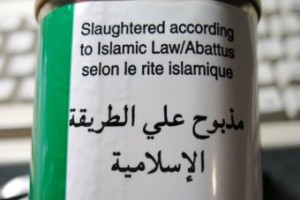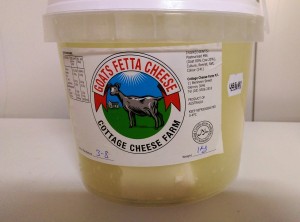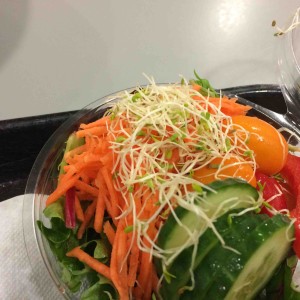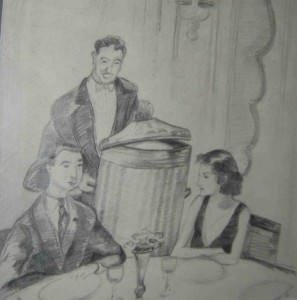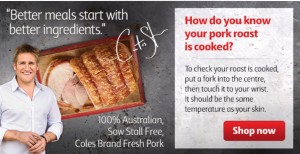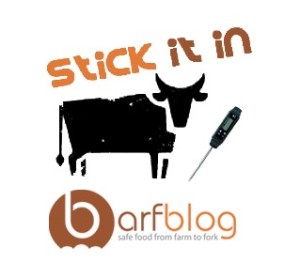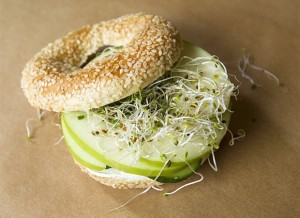Why does imported fish garner a headline in Australia? Because homegrown would never sicken anyone.
 A mother of two is among at least 11 Burnside Hospital patients in Adelaide struck down with salmonella caused by imported fish, and authorities are investigating a second source of the potentially deadly infection.
A mother of two is among at least 11 Burnside Hospital patients in Adelaide struck down with salmonella caused by imported fish, and authorities are investigating a second source of the potentially deadly infection.
The woman, who wants to remain anonymous, said she “felt like death” and “like I was going to die”.
Testing confirmed she had contracted the infection from eating fish in the hospital.
She spent one night at Burnside after a routine shoulder operation but a few days later spent six days at Modbury Hospital with “uncontrolled bowels” and hooked up to an intravenous drip.
Advertiser.com.au on Friday revealed Burnside Hospital chief executive officer Heather Messenger sent letters to 1600 patients this week informing them of their “potential exposure” in the past six weeks.
Acting on advice from an external public relations firm, hospital officials made a statement after inquiries from The Advertiser.
“Our view is that patients should always hear about things that happen in the hospital from the hospital, not the media,” Ms Messenger said.
She confirmed patients had contracted salmonella from eating imported fish from Myanmar, supplied to the hospital by an SA company.
Ms Messenger said there was still an unknown source in some cases. It is believed the cause could be cross-contamination from eggs – a common cause of the infection.
Burnside Hospital has a maternity ward but Ms Messenger would not confirm whether babies were among the victims.
“(I’m) not really in a position to talk patients because of the privacy aspects of it … but yes, there have been patients of various ages affected by this,” she said.
 “I am disappointed that, with our commitment to excellent standards of patient care and service, this has happened.”
“I am disappointed that, with our commitment to excellent standards of patient care and service, this has happened.”
Oh please. Every Australian hospital I’ve visited serves raw sprouts (left, from a hospital).

